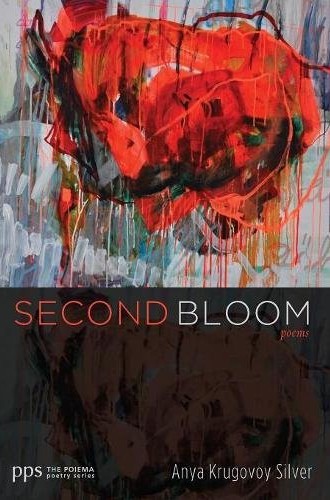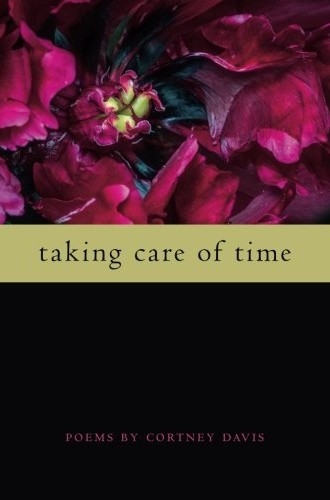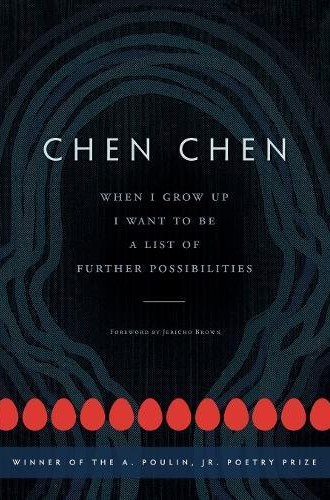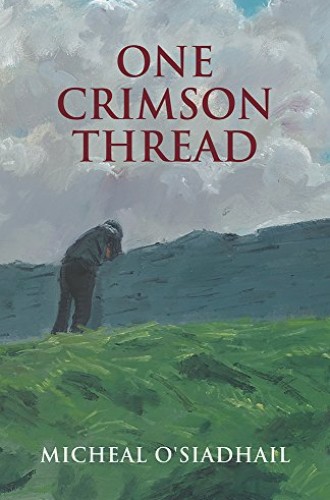Poetry and transience
National Poetry Month is over, but there's plenty of good poetry to get us through the next 11 months.
National Poetry Month has just ended, and I’m going to miss it. I know I should be glad that poetry gets to shine forth in the public imagination in a special way, flaunting its mysterious beauty, for nearly 10% of its life. But 30 days doesn’t feel like enough. In a society where mastery and logic are rewarded far more than dwelling in the ungraspable, I’m inclined to believe that poetry almost always leans us in the direction of goodness.
A few weeks ago, as I sat in a classroom at Calvin College and listened to Anya Krugovoy Silver read her poems, I realized that part of poetry’s loveliness resides in its transience. Anya has the haircut of someone who’s been through chemo, and she writes honestly about living with Stage IV cancer. Her newest poetry collection, which includes the gem “Psalm 137 for Noah,” is as smart, eloquent, and honest as her reviews. Above all, these poems are colorful. A pink rose bloom sits next to a castle. Green are the ferns and the emerald-colored dress that the poet wears one evening. The hydrangeas, the poet’s slippers, and the sky appear in various shades of blue. Red shows up as blood and tumors, strawberries and communion wine. But the most vivid color in these poems is purple. It’s the color of the syrup dripping from a grape popsicle after three days of fasting in a hospital bed. It’s the color of the wanton cry as spring grape vines curl around one another like the legs of lovers. It’s the color of the dresses worn by Amish girls. And it’s the color of the crocuses that push up one Sunday in Lent:
They’re Easter before Easter,
plenty while fasting, open tomb.
Their petals, candled windows.
They’re Hosannas, vessels
that draw in weak sun, cupping
its rays in the last days of dark.
Cortney Davis is a nurse practitioner whose poems express the messy, lovely vocation of nursing in an unflinchingly real way. Cancer, teenage pregnancy, incest, HIV, and car accidents appear alongside moments of compassion and solidarity. In “Visiting the Lightning Struck,” Davis muses:
Imagine Moses, his tablets burned by God,
but this is nature’s wrath—a man
whose skin is charred with ragged wounds
where bolts raged, piercing heart and lung.
Nothing is sentimental in this poem. “I smell his burns across the hall,” Davis writes. She wonders: “ . . . How will he think / of picnics after this, how love / August’s hazy light, where bees drone air / thick as saturated gauze . . . ?”
Chen Chen’s poetry expresses the intersectional perspective of his queer Asian American identity in a beautiful, funny, and edgy way. “For I Will Consider My Boyfriend Jeffrey” is a tender portrayal of love written in the style of Christopher Smart’s “Jubilate Agno, Fragment B” (more popularly known as “For I will consider my Cat Jeoffry”). “For this he performs in ten steps,” Chen writes in observation of his boyfriend’s shaving process:
For first he looks upon his furry countenance to assess & accept the difficult journey that lies before him.
For secondly he washes with holistic care his whole foxy face.
For thirdly he applies as much shaving cream as I use in a month.
For fourthly he puts on Erik Satie or LCD Soundsystem.
For fifthly he sways a little, to the music, before lifting to his cheek the buzzing razor.
Chen is funny, but his poetry doesn’t shy away from the difficulties of life—doubt, sadness, racism—or the difficulties of God. In the poem “I’m Not a Religious Person But,” God sends an angel and later appears in person. Chen writes:
. . . I tried to confuse God by saying I am
a made-up dinosaur & a real dinosaur & who knows maybe
I love you, but then God ended up relating to me. God said I am
a good dinosaur but also sort of evil & sometimes loving no one.
It rained & we stayed inside. Played a few games of backgammon.
We used our indoor voices. It got so quiet I asked God
about the afterlife. Its existence, human continued existence.
He said Oh. That. Then sent his angel again. Who said Ummmmmmm.
I never heard from God or his rookie angel after that. I miss them.
The Irish poet Micheal O’Siadhail chronicles his decades of caregiving for his wife Bríd, who had Parkinson’s disease. His 150 sonnets are love poems, songs of lament and praise. Sonnet 33 ends this way:
At night our house becomes my wailing wall.
In lanterns of recall you still can lope
Across my mind so coiled with spring and hope;
I flood with you anew, my all in all.How in your wound I love you more and more.
The crimson thread of the collection’s title appears recurrently as a metaphor for the love that remains between wife and husband amid the ravages of illness and persists even after Bríd’s death. O’Siadhail’s vision of love is wide and faith-filled. He describes the communion of saints as “ . . . one community / Where love can stretch its span, at ease astride / A line between God’s living and God’s dead.” This love, “at ease astride” (which calls to mind Eastertide), bridges our transient lives with eternity.










